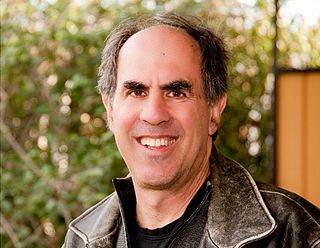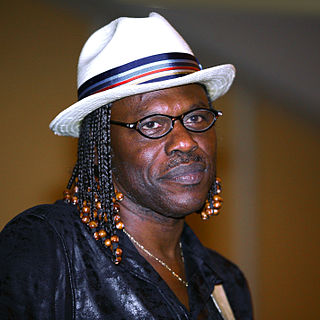A Quote by Mickey Kaus
One danger, when you're writing lots of quick, opinionated blog items about the latest developments, is that you never get around to stating fully, in one place, what you think about a particular topic.
Related Quotes
What I think is important about essayists, about the essay as opposed to a lot of personal writing is that the material has to be presented in a processed way. I'm just not interested in writing, "Hey, this is what happened to me today." You get to a place that has very little to do with your personal experience and talks about some larger idea or something in the culture. I don't think you can get to that unless you have had a lot of time to gestate and maybe if I was taking a lot of notes while stuff was going on, I wouldn't be able to get to that place as easily.
A cardinal rule of writing is never interrupt yourself to explain something. If you must bring up an obscure topic, drop informative hints about it as you go along so that you don't end up with the entire explanation all in one place. This keeps you from skidding to a stop and sounding teacherish. Otherwise it's better to omit the obscure topic altogether, or as mothers might put it: if you can't say it interestingly, don't say it at all.
The secret to writing is writing. Lots of people I know talk about writing. They will tell me about the book they are going to write, or are thinking about writing, or may write some day in the future. And I know they will never do it. If someone is serious about writing, then they will sit down every day and put some words down on paper.
If I'm writing a novel, I'll probably get up in the morning, do email, perhaps blog, deal with emergencies, and then be off novel-writing around 1.00pm and stop around 6.00pm. And I'll be writing in longhand, a safe distance from my computer. If I'm not writing a novel, there is no schedule, and scripts and introductions and whatnot can find themselves being written at any time and on anything.
At home in the states, I think there's a tendency in the states to go for the latest, greatest thing. The latest, greatest is the latest greatest. I think when you're talking about France, England, things like that, they look for the history of an artist and they go back when it comes to music like this anyway. They will go back a little bit further. I think the United States is very knowledgeable and it's a good place to play.
Class is something that I think seriously about and try to organise my politics around. I think there are lots of novels that don't really engage with questions of class at all, and they get less conversation about issues of social privilege than I do. But it's better to try and talk about it and maybe fail.
You think you're in a place where you're all 'I'm thrilled to be gay, I have no issues about being gay anymore, I don't feel shame about being gay,' but you actually do. You're just not fully aware of it. I think I still felt scared about people knowing. I felt awkward around gay people; I felt guilty for not being myself.

































